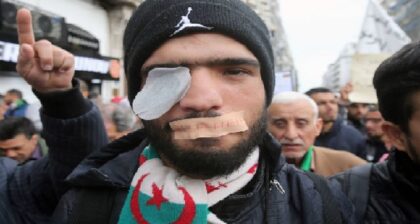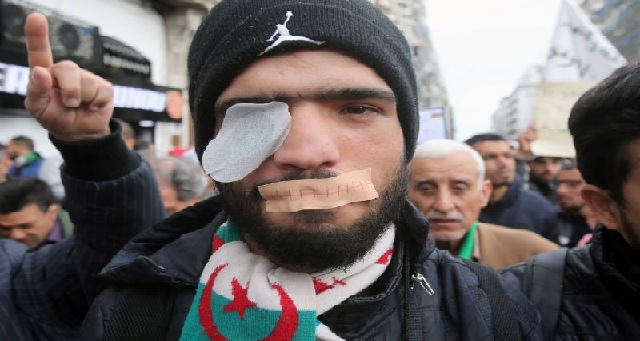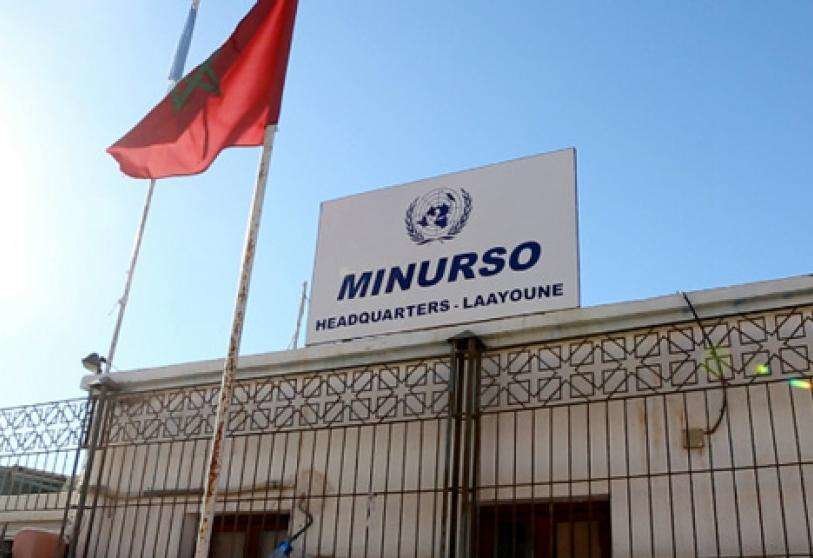 The Committee to Protect Journalists (CPJ), an American NGO which defends press freedom, has called on Algerian authorities to immediately and unconditionally release reporter Mohamed Mouloudj and ensure that members of the press can work in the country without fear of imprisonment.
The Committee to Protect Journalists (CPJ), an American NGO which defends press freedom, has called on Algerian authorities to immediately and unconditionally release reporter Mohamed Mouloudj and ensure that members of the press can work in the country without fear of imprisonment.
Mouloudj, who works for local independent newspaper Liberté, is charged with “spreading false news, harming national unity, and belonging to a terrorist group”.
If convicted of spreading false news, Mouloudj could face up to five years in prison; he could face up to 10 years for harming national security, while membership in a terrorist group can be punished by death penalty or life in prison, according to the Algerian penal code.
Mouloudj has covered human rights and political issues including self-determination activism in the Kabylie region.
To muzzle critical voices and suppress the freedom of speech, expression and journalism, the Algerian regime uses its control over most printing houses and large amounts of public sector advertising to exert undue influence on press outlets.
In its latest report on human rights in the world, the US State Department denounced restrictions imposed by Algerian authorities on the freedom of the press, assembly and association.
Amnesty International, Human Rights Watch and other human rights watchdogs have repeatedly condemned the systematic violations of freedom of speech, assembly & association despite constitutional amendments guaranteeing these rights.
Algeria’s increasing crackdown on press freedoms in the country did not spare foreign media. Lately, authorities revoked the accreditation of Saudi channel Al-Arabiya last August over allegedly spreading misinformation, and shut down the broadcasting of privately-owned news channel Lina TV. The press censorship comes after French public broadcaster France 24 had its operating license in the country cancelled in June over its coverage of anti-government protests, known as Hirak.
“Algerian authorities are once again using their vague and bureaucratic broadcasting authorization procedures as a means to restrict media outlets in the country,” Committee to Protect Journalists’ Middle East and North Africa program coordinator Sherif Mansour had then said.



